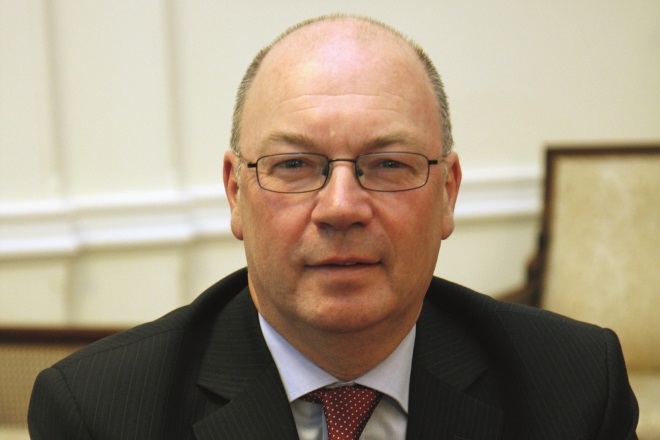
Peter Titmuss / Alamy Stock Photo
An electronic repeat dispensing service for people with long-term conditions should become routine for community pharmacists in England, according to proposals for a more clinically led profession drawn up by national negotiators.
The Pharmaceutical Services Negotiating Committee (PSNC) suggests the proposed ‘e-service’ would become the default option for repeat prescriptions when the prescriber wants to prescribe long-term.
Offering inhaler technique support to patients who receive at least two e-repeat prescriptions annually could also be delivered by community pharmacists, as well as a national Pharmacy First service that would include both minor ailments and emergency supply services, the PSNC says.
These new ways of working would be the first of a three-part action plan that would be introduced gradually to increase the clinical role of community pharmacists, according to the PSNC.
Phase two would involve an enhanced patient care package, including monitoring patients with asthma and chronic obstructive pulmonary disease and those who are frail and at risk of a fall.
The final phase suggests that pharmacists should offer increased support to patients with other long-term conditions, such as hypertension.
The PSNC’s proposals, published on 9 February 2016, were produced after the Department of Health (DH) and NHS England announced that they wanted to see a more clinically focused community pharmacy service as part of the government’s proposals for pharmacy, but they failed to put forward any suggestions.
“The outline proposals set out here represent a starting point for discussions with the DH and NHS England,” the PSNC says. “They describe how community pharmacy teams could make a more significant contribution to patient care. At this time of financial strain and increasing demand we believe they are ideas that DH and NHS England cannot afford to ignore.”

Courtesy of Foreign and Commonwealth Office
How community pharmacy will operate will be dependent on a combination of what the public wants, what the NHS needs and what pharmacy can offer, says health minister Alistair Burt
Alistair Burt, health minister with responsibility for pharmacy, welcomed the PSNC’s proposals but said it was “too early” to provide an initial response to them as they had “just arrived” with the DH.
“I’m very pleased with the engagement we’ve seen with the PSNC,” Burt said on 11 February 2016. “How community pharmacy will operate will be dependent on a combination of what the public wants, what the NHS needs and what pharmacy can offer.”
The PSNC’s proposals come as the negotiating body and other pharmacy organisations are campaigning against government plans, announced in December 2015, to slash the community pharmacy budget in England by 6% this financial year.
Consultation on the government’s proposals for community pharmacy, which include the budget cuts, runs until 24 March 2016.


